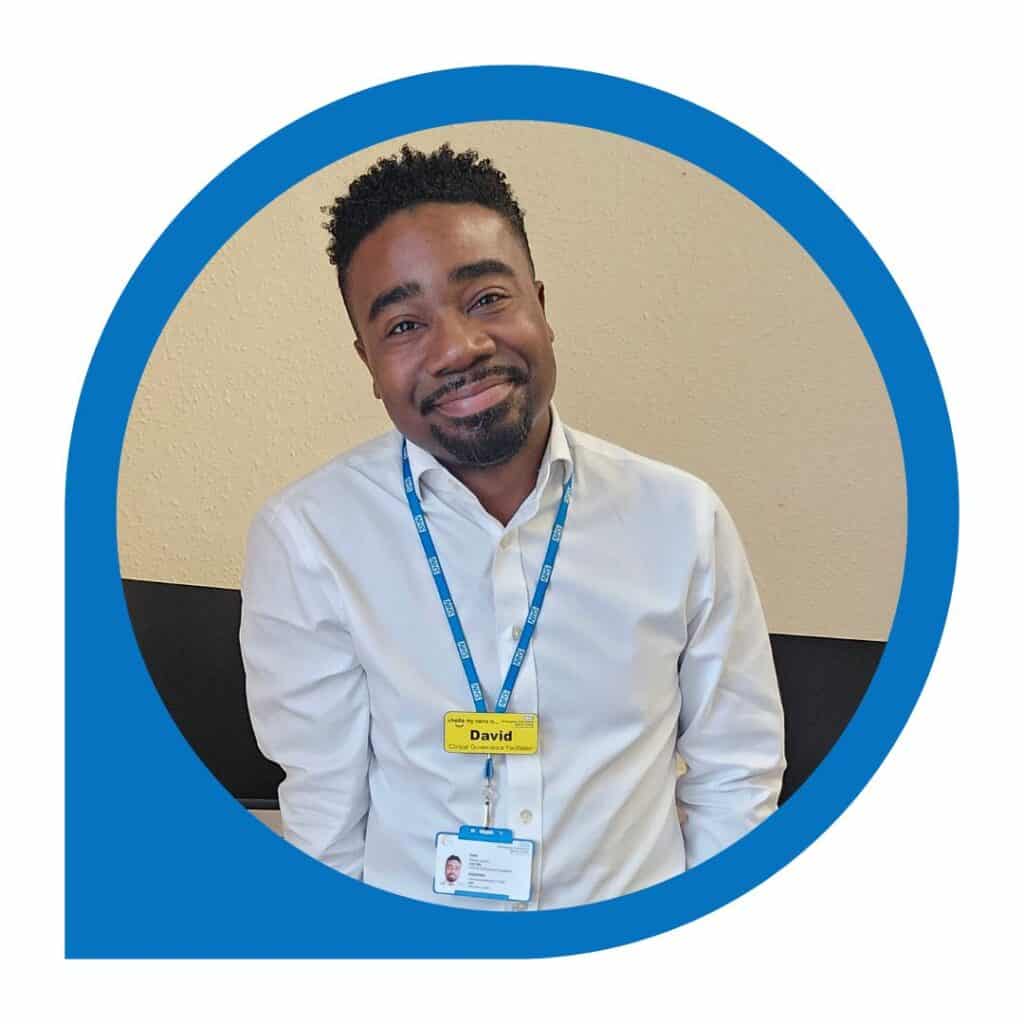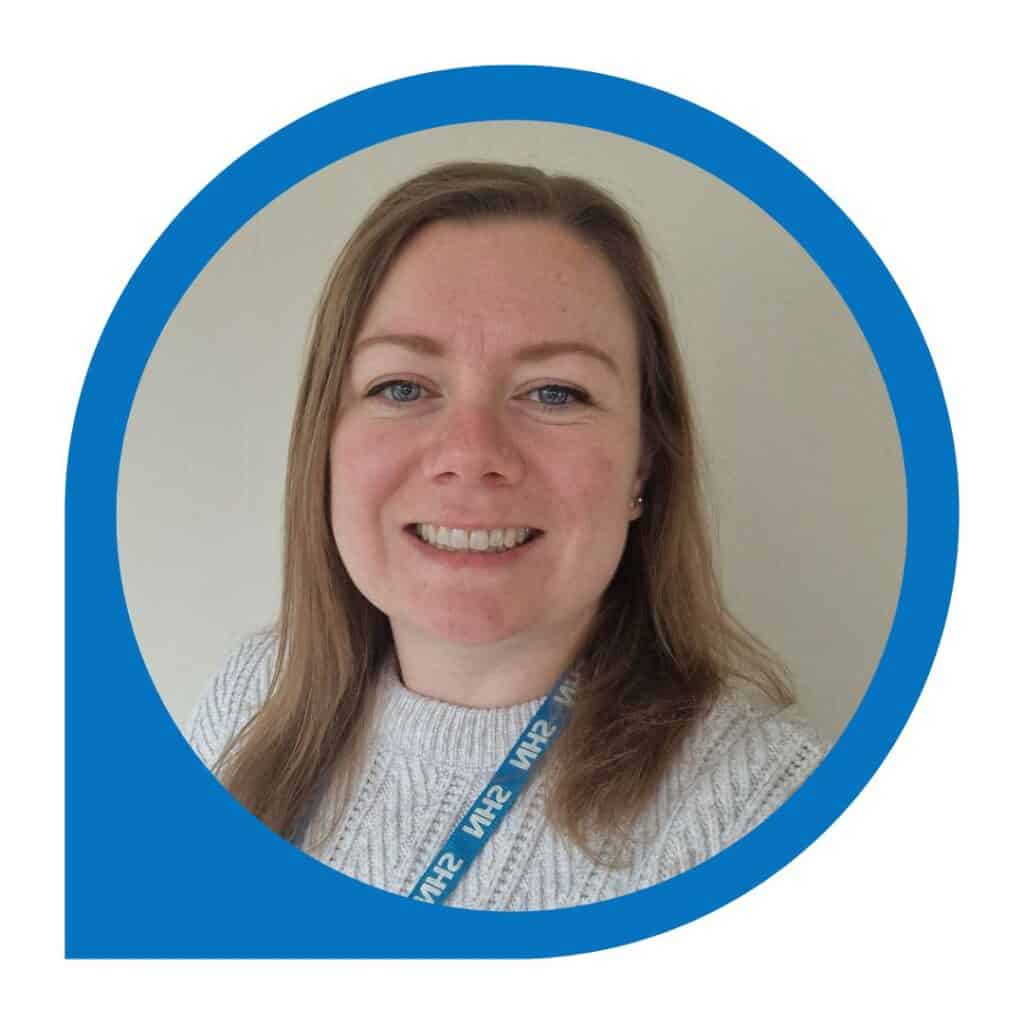There was a growing realisation that a services user’s recovery does not solely rely upon the direct treatment intervention that they are given, but is greatly impacted by the environment, systems and relationships around them.”
In our latest Five Minutes With feature – and as part of National Wellness Month – we’re shining a spotlight on the importance of creating safe, supportive environments for both patients and staff. At Ardenleigh, Advanced Nurse Practitioner for Trauma and Wellbeing, Chris Goodban, leads the charge in making this a reality.
From providing post-incident support and clinical supervision, to championing wellbeing initiatives and stepping in on the wards when needed, Chris’s role is as varied as it is vital. His career has taken him from Children and Adolescent Mental Health Services and Psychiatric Intensive Care Units to supporting communities in the wake of the Manchester Arena attack, shaping a deep understanding of how relationships, systems and environments influence recovery.
In the following article, Chris talks us through his journey into mental health, the unique challenges and rewards of working in a secure service and why building strong, compassionate connections can be just as powerful as any clinical intervention. Read more below.
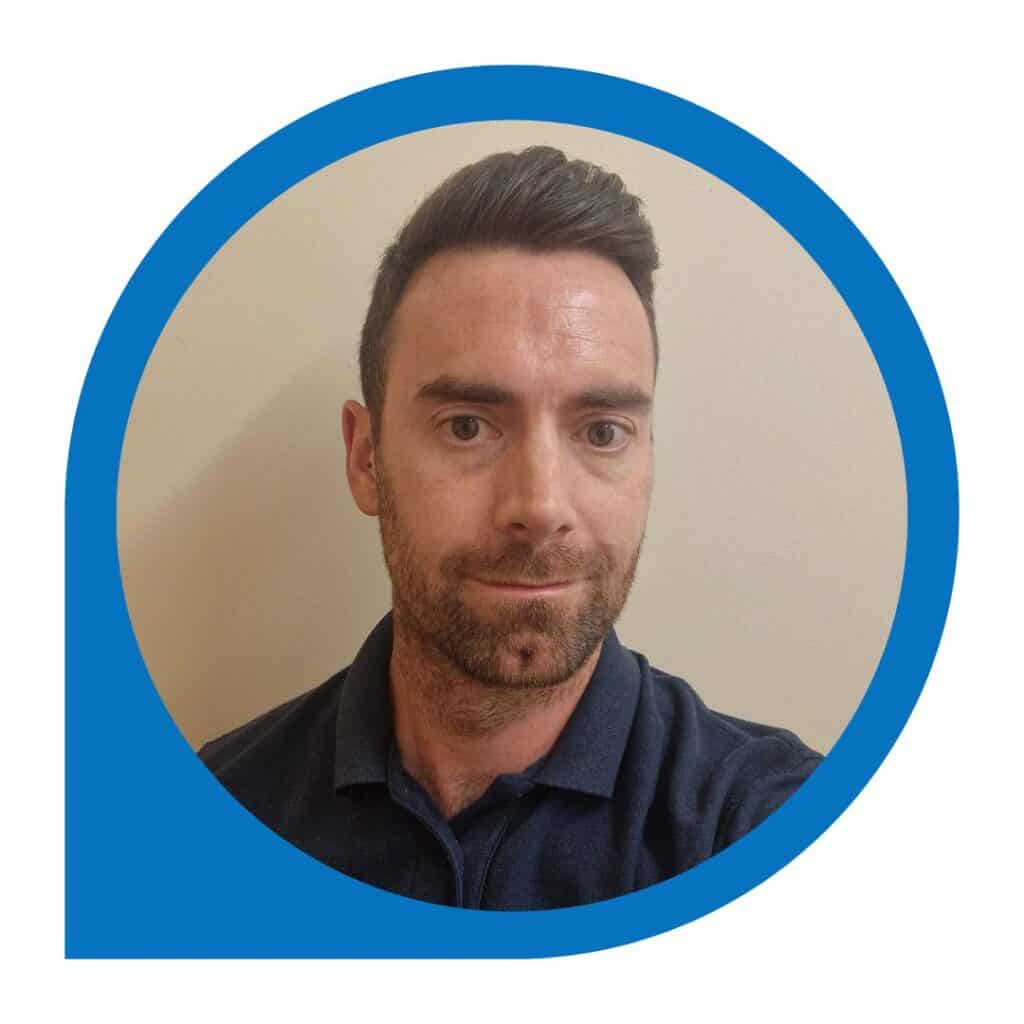
Hi Chris, please could you start by telling us a little bit about yourself and what you do at Team BSMHFT?
“My name is Chris and I’m the Advanced Nurse Practitioner for Trauma and Wellbeing based at the Ardenleigh site. My role is quite unique and I was drawn to it for this reason.
“Essentially, I support the development of Trauma Informed Care at Ardenleigh with an emphasis upon staff support and wellbeing in order to do this. There is a great deal of variety to my role, from leading the in-house Trauma Support team, to delivering training, overseeing clinical supervision and reflective practice, leading on staff wellbeing projects and actively supporting the unit as a nurse where required.
“The Ardenleigh site is home to the Women’s Secure Blended Service and Children and Adolescent Mental Health Services (CAMHS) Low and Medium Secure wards. We are a busy site with times of high acuity.
“I do not oversee a team as such, however within the Trauma Support team I lead the training and supervision of staff who have undertaken additional training to support their colleagues through the use of Psychological First Aid (PFA), Post Critical Incident Stress Debriefing (P-CISD) and Trauma Risk Management (TRiM).
“I started with the Trust in October 2022. Prior to this I worked for Forward Thinking Birmingham. Since qualifying as a nurse in 2008 I have spent the majority of my career working in Manchester in various roles including Psychiatric Intensive Care Unit, Acute, Community Mental Health Team, CAMHS and the Manchester Resilience Hub.”
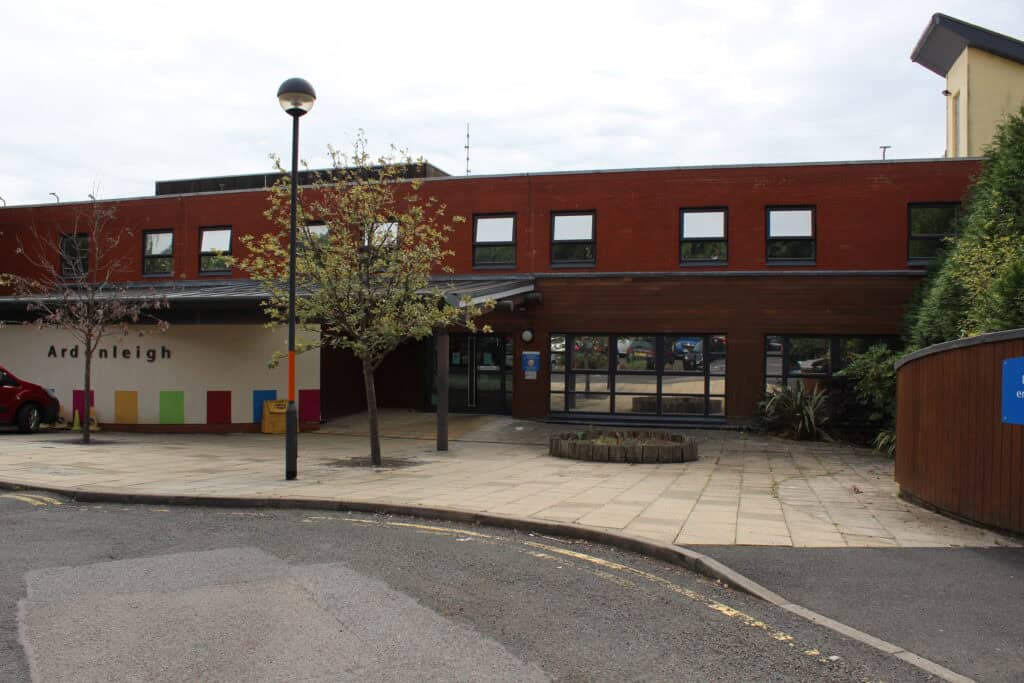
What is it like working at a medium secure forensic service for women and children and adolescent mental health low/medium secure units?
“My first exposure to secure services was on placement whilst undertaking my nurse training. I remember being intimidated at the time by the high fences, security protocols and number of locked doors. However, I remember being supported by the team, helping me get to know the service users I was working with through engaging in activities and playing lots of table tennis!
“The importance of relationships is something which has stayed with me throughout my career, alongside being flexible and creative to support development of these.
“When I started at Ardenleigh it took some time to get to know the service and to develop relationships with the staff and service users. I found it really important to spend time on the wards getting to know others and understanding the challenges experienced. There is a great sense of loyalty and commitment to the service users at Ardenleigh and I feel this is what makes it a great place to work! Alongside this there is a real recognition of the needs of the staff and what we each need to maintain our own wellbeing. A lot of informal support happens, with staff looking out for each other, there are lots of open doors and approachable colleagues if needing a chat and some great spaces to take five minutes or engage as a group.”
Has there ever been a stand-out moment in your career that has made you pause and reflect?
“I would say that working in CAMHS, on a General Adolescent Unit, made me reconsider my approach to nursing. I had always wanted to work in CAMHS, enjoying the creativity and play elements of developing therapeutic relationships and delivering interventions. Having trained in the early 2000’s, I realised that my training and early work placements had followed much of a medical model – focusing upon diagnosis and treatment with medication. Working within CAMHS there was more of a focus on development, understanding and formulation.
“I became particularly aware of the impact of trauma, not only upon the young people I was working with, but with the staff members I was working alongside.
“There was a growing realisation that a services user’s recovery does not solely rely upon the direct treatment intervention that they are given, but is greatly impacted by the environment, systems and relationships around them. I had always placed great value in the benefit of building kind, caring and trusting relationships, but there was a growing knowledge and understanding of why and how these were so important, and the magnitude of how they impact upon the care our service users experience. This led to me wanted to know more about Trauma Informed Care and really wanting to shape my career in this direction.
“Around the same time Manchester experienced the arena attack and I was seconded to the Manchester Resilience Hub as part of the mental health response. We supported those directly affected by the attack – those who responded and provided support in the immediate aftermath, friends, family members and the wider population impacted by the event. Seeing the benefit of a supported response, providing psychoeducation around trauma, and being part of a number of trauma focused interventions, led to me wanting to continue developing in this area, undertaking training in Eye Movement Desensitisation and Reprocessing (EMDR) therapy and the work I now do at Ardenleigh!”
What kinds of interventions do you offer at Ardenleigh to support a patient’s rehabilitation?
“Ardenleigh houses the Women’s Secure Blended Service and CAMHS Secure Services. There are a number of wards providing care to service users currently requiring levels of low and medium security.
“We are fortunate to have lots of different professionals on site ranging from our nursing staff, medical teams, physician’s associates, occupational therapists, psychological therapies, health instructors and Anawim – all actively providing a range of different interventions and activities for our patients.
“Within both services the teams work hard to provide activities above and beyond – there are regular celebration events and it is not uncommon to find goats, lambs, ponies and even reptiles paying a visit.
“We have our own Centre For Learning on site so that our young people can continue to access education and regular visits from professionals from other disciplines. We also like to celebrate our staff members too and will host events throughout the year for differing disciplines to acknowledge the impact they have upon our patients.”
What’s the biggest misconception people have about your job?
“I think my job is quite unique in that I am afforded time and space to speak with staff, away from the clinical area. I am able to provide staff with post incident support, clinical supervision and health and wellbeing support.
“On occasion staff have felt that the focus of these sessions is to learn lessons or purely for a clinical purpose. Whilst recognising the importance of learning lessons, it has allowed for staff to focus on themselves, their own wellbeing and to receive psychological support on the basis of their own experiences.”
Why did you decide to pursue a career in mental health specifically?
“I think it’s fair to say, that I didn’t enjoy school all too much. I was really unsure of what I wanted to do when I left education however, I had always been interested in helping others. I remember undertaking a work experience placement at an outdoor pursuits centre in Wales, where we supported mental health service users with activities such as kayaking and rock climbing. This experience was eye opening and I really wanted to continue helping others with their recovery and to continue having positive experiences.
“Following Sixth Form I started work as a support worker at a residential placement for service users with learning disabilities and challenging behaviour. I really enjoyed working with the service users and became more interested in mental health through those I was supporting.
“I decided to undertake my nurse training with a plan to become dual qualified in general nursing and mental health, however after a year and a half of my general training I decided it wasn’t for me, stepping off the course and rejoining on the mental health branch.”
What do you do to improve your mental health and wellbeing?
“I love to exercise, be active and spend time outdoors. This can be really difficult with a busy home and work life however, I try to find creative ways to do so.
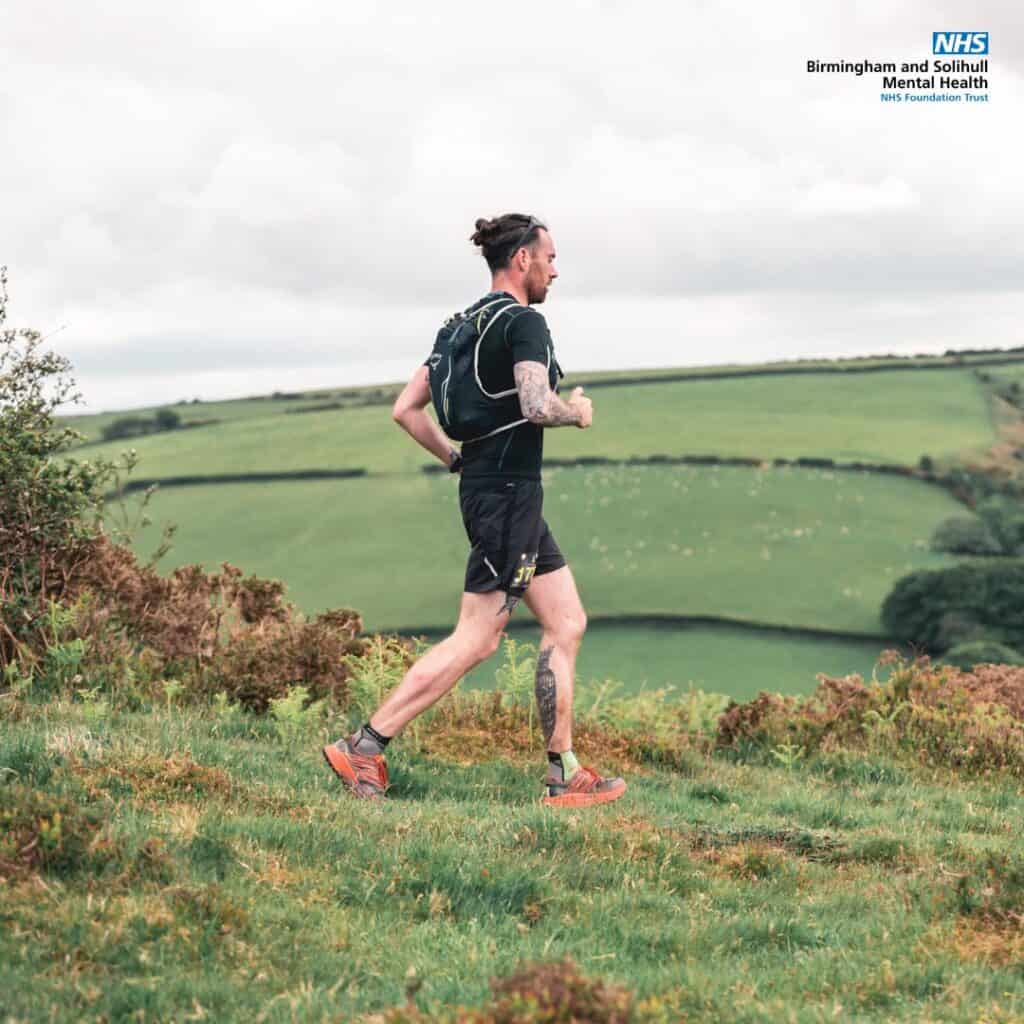
“I really enjoy running and found that setting my alarm early meant that I could get out and back before work or family waking up and would set me in a good mindset for the day. I found that having goals really pushed me to do this and booking challenging ultraruns around places such as Snowdonia and the Lake District.
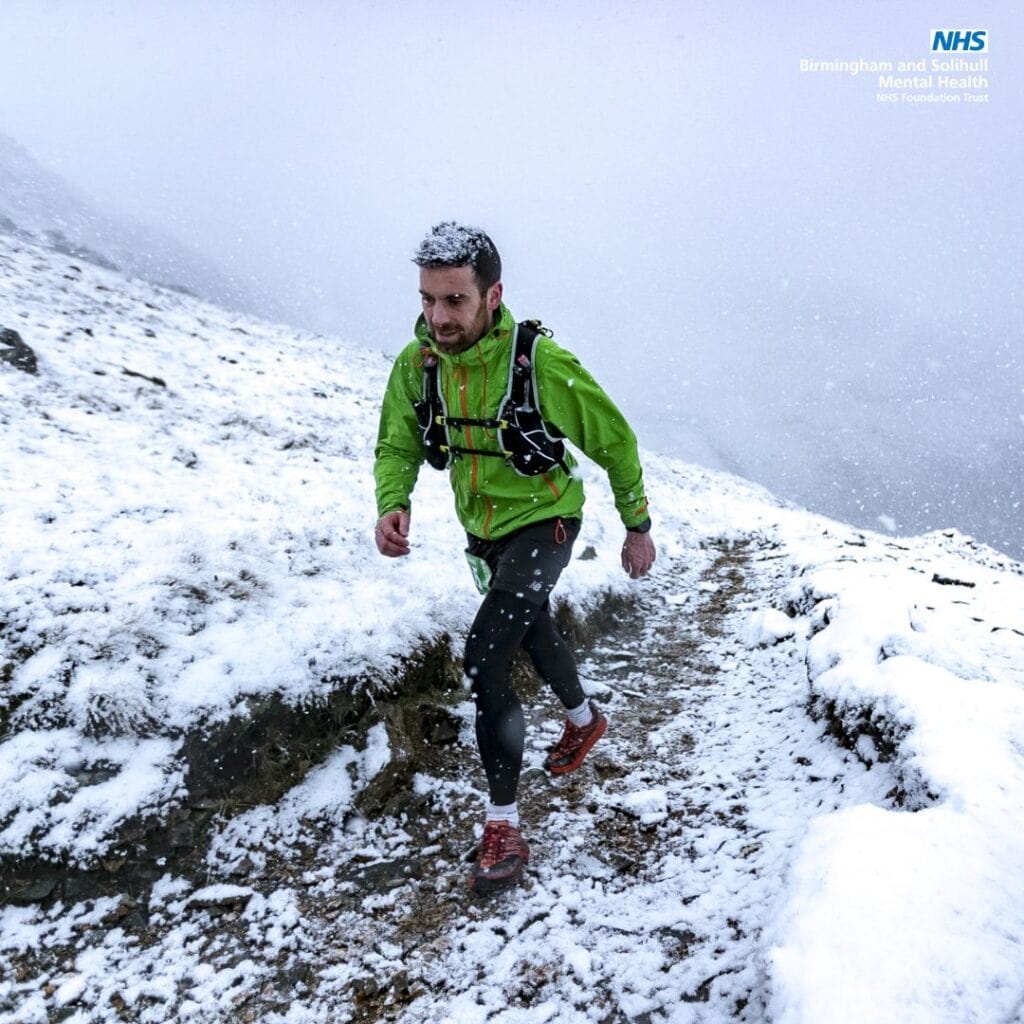
“I try to cycle to work where I can, again to trying to fit in some outdoors exercise around other commitments. I love music and will always have something playing, whether it’s indie or, more recently, country.
“I enjoy spending time with family and catching up with friends for a gig, food or a drink. And I’m a big Birmingham City fan, however I’m not sure that is always good for my wellbeing!”
Past, present or future, what three people would you most want to sit down for a meal with?
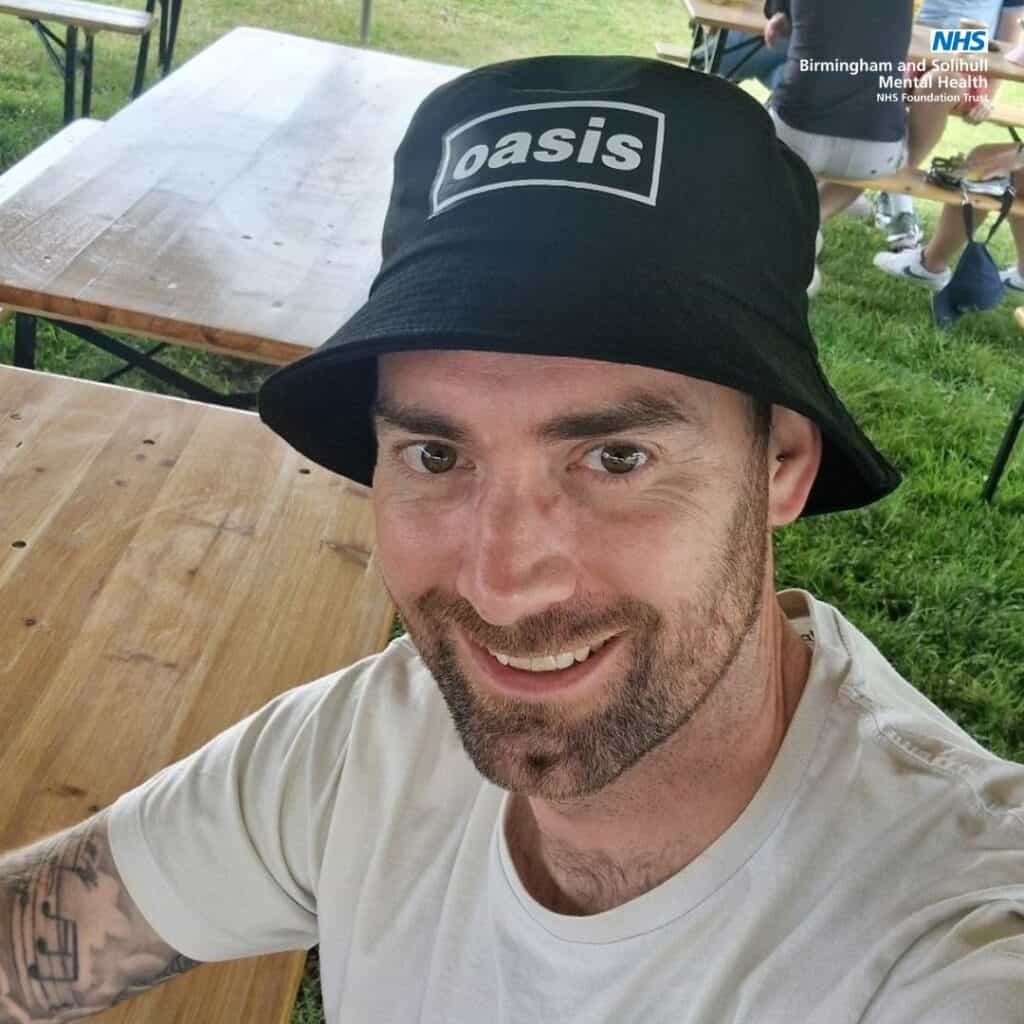
“Liam and Noel Gallagher.”
Tell us something that people might not know about you
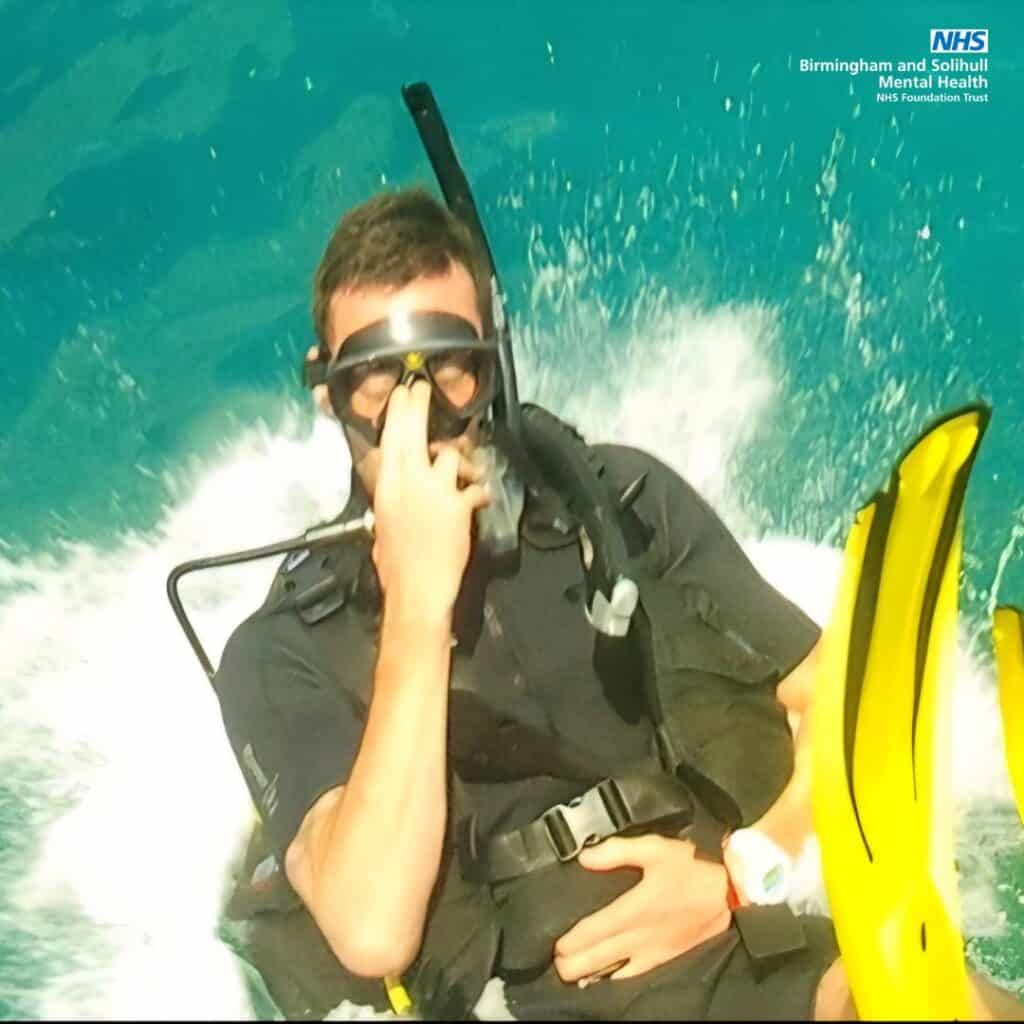
“I once went scuba diving, at night in the pitch-black ocean, 30m (100ft) deep. We all turned our torches off, sat on the ocean bed, banged our oxygen tanks and the pitch black became a sea of illuminated fireworks due to the bioluminescence. Incredibly scary however utterly magical!”
Describe yourself in three words
“Loyal, driven and sincere.”
Published: 14 August 2025



